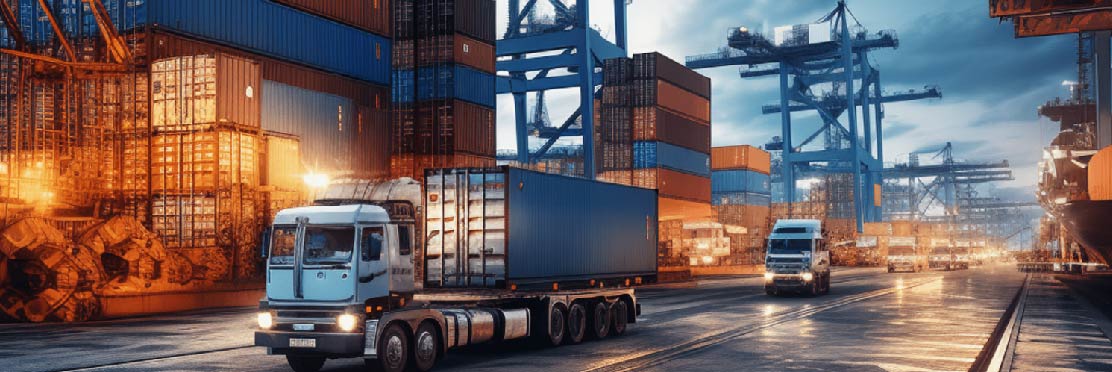
Involves forecasting and managing the demand for products or services. It includes analyzing trends, consumer behaviors, historical data, and forecasts to predict the necessary quantity of products.
Determines the quantity of products to manufacture or procure to meet the demand. It involves coordinating production, inventory, and delivery schedules to optimize efficiency and minimize costs.
Involves selecting suppliers, negotiating contracts, purchasing raw materials, components or finished products, and managing supplier relationships to ensure product quality and availability.
Involves maintaining optimal stock levels to avoid excesses or shortages. This includes inventory planning, stock control, and optimizing inventory levels to minimize costs and maximize efficiency.
a. Inventory Control: Optimal Stock Levels: Maintaining adequate stock levels to meet demand without excessive inventory, avoiding overstock or stockouts.
b. Inventory Tracking: Using inventory management systems to track and monitor stock levels, reordering points, and lead times.
c. ABC Analysis: Classifying inventory into categories based on value and prioritizing management efforts accordingly (e.g., A-items are of high value and need closer attention).
Storage and Handling: Efficiently organizing storage spaces, ensuring proper handling, and optimizing layout to streamline material movement.
a. Picking and Packing: Implementing efficient picking methods and packaging procedures to facilitate quick and accurate order fulfillment.
Refers to the transportation, storage, and physical distribution of products. It involves warehouse management, selecting shipping routes, appropriate packaging, and timely delivery to ensure products reach their final destination efficiently.
Multimodal transportation involves using multiple modes of transport (e.g., sea, air, rail, road) within a single shipment to optimize efficiency and reduce costs. Benefits include:
a. Flexibility: Utilizing various modes of transport allows flexibility in choosing the most efficient route for shipments based on time, cost, and nature of goods.
b. Reduced Transit Time: Using different modes for different legs of a journey can significantly reduce overall transit times, especially for long-distance shipments.
c. Cost Efficiency: Optimizing transportation costs by selecting the most cost-effective modes for different segments of the shipment.
In some cases, companies closely collaborate with suppliers to improve their performance, capabilities, and processes. This may include training, technical assistance, or financial support to enhance the supplier’s quality or efficiency.
a. Initial Supplier Evaluation: Conducted before establishing business relationships to determine the suitability of potential suppliers. Aspects like production capacity, product/service quality, business history, practices, financial stability, among other relevant criteria, are analyzed.
b. Certification and Accreditation: Once a supplier is selected, certification may be necessary to ensure compliance with specific quality, sustainability, or safety standards. These certifications, whether international, national, or industry-specific, ensure that the supplier meets certain established requirements.
Are essential for maintaining high standards in the supply chain, ensuring the quality and consistency of products or services offered to end customers.
a. Audits and Monitoring: Regular audits are conducted to assess the continuous performance of the supplier. These reviews verify if the supplier continues to meet quality standards, delivery timelines, agreed-upon prices, and any other requirements set in the contract
Involves tasks such as customs clearance, documentation, tariffs, and compliance with import regulations. It includes managing the transportation of goods from foreign suppliers to the domestic location.
Includes tasks like documentation, compliance with export regulations, packaging, and coordinating the transportation of goods from the domestic location to foreign markets.
a. Special Programs like IMMEX (Maquiladora Program in Mexico): IMMEX is a program in Mexico that allows companies to temporarily import goods without paying certain taxes or duties for manufacturing, processing, or repair operations, as long as the final products are destined for exportation. This program encourages foreign investment and promotes manufacturing activities in Mexico by providing benefits and facilitation to companies.
b. Customs Compliance: Ensuring adherence to customs regulations, proper documentation, and compliance with tariffs and duties to avoid delays and penalties in shipments.